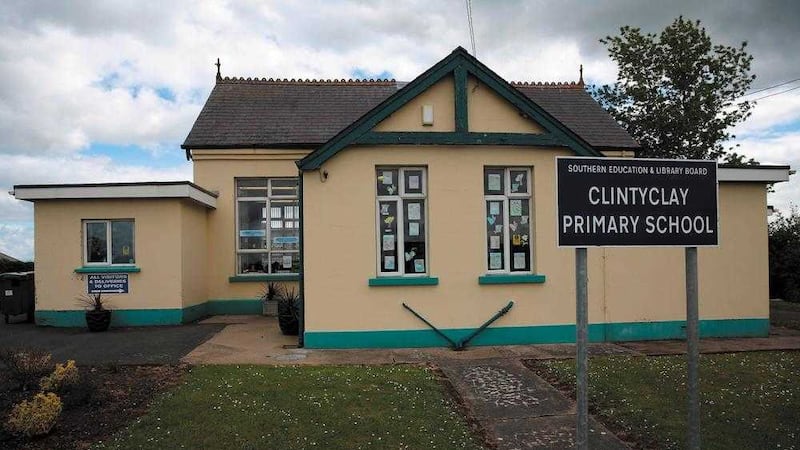THE High Court is to reconsider its quashing of a decision to shut the first Catholic school in Northern Ireland attempting a transformation to integrated status.
Appeal judges on Monday remitted the case for a re-examination of the reasons behind Education Minister John O'Dowd's approval of a proposal to close Clintyclay Primary in Dungannon, Co Tyrone.
They held there should be fresh scrutiny of whether erroneous information that the school faced financial difficulties impacted on the Minister's decision.
With Clintyclay's enrolment having dropped below 30 pupils, the Council for Catholic Maintained Schools (CCMS) had proposed that it should close.
An alternative proposal advanced by the school's Board of Governors to change its management to grant-maintained integrated status was rejected.
At the time of his announcement in October 2014 the Minister said enrolment numbers meant it was no longer sustainable.
Due to this long-term situation switching to integrated status was not regarded as a feasible option.
The parents of a pupil at the school applied to judicially review his determination, argued that the closure decision should have been deferred until a full assessment of the transformation option was carried out.
In March last year a High Court judge held that erroneous information about the school facing financial problems had made its way into the decision making process.
He said this may have originated from a CCMS parish review which was fiercely disputed by the school and parents.
However the error occurred, the judge ruled that it "infected" the Minister's decision.
Pointing to the school having a budget surplus, he quashed the outcome.
However, the Court of Appeal stressed on Monday that a ministerial decision should not necessarily be overturned for taking into account an immaterial or minimal error.
Mr Justice Deeny noted other factors in favour of the Minister's decision, including the school's sound budgetary position featuring in both proposals.
He questioned whether all of the material was drawn to the attention of the High Court judge.
"Given the degree of ambiguity that exists in speaking of budget difficulties and financial difficulties in the context of a school which would have serious potential financial difficulties, dependent as it was on a high level of school subsidy, it is surprising that these factors were not addressed," Mr Justice Deeny said.
"They needed to be put in the balance with the other material relied on by the applicant."
He concluded that the case should be remitted for reconsideration, based on the contents of appendices in the development proposals and the Minister's correspondence.
The High Court will decide again, on the balance of probabilities, whether the erroneous phrases in the proposals played a material part in Mr O'Dowd's reasoning.







